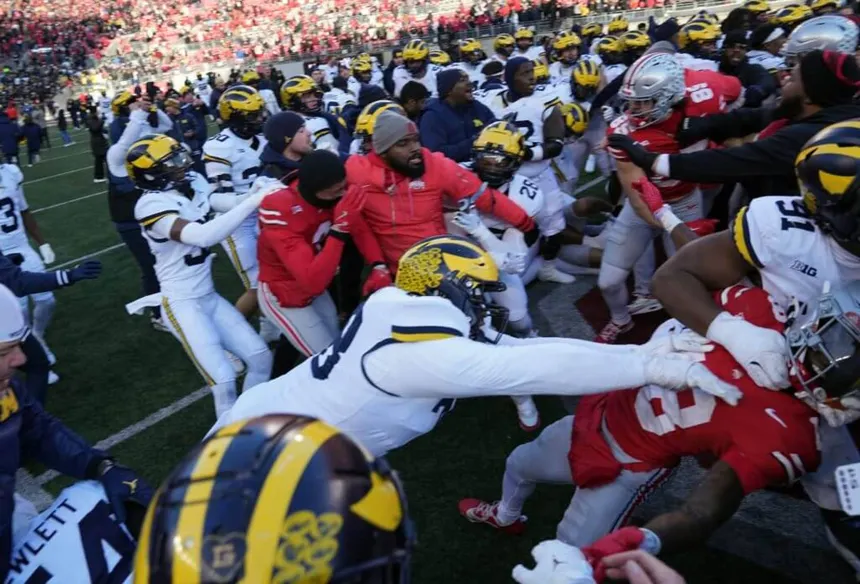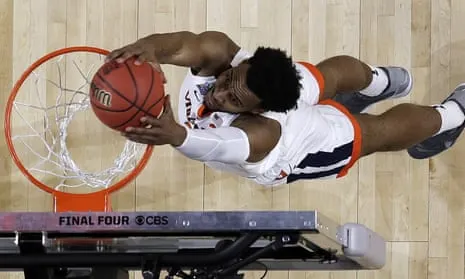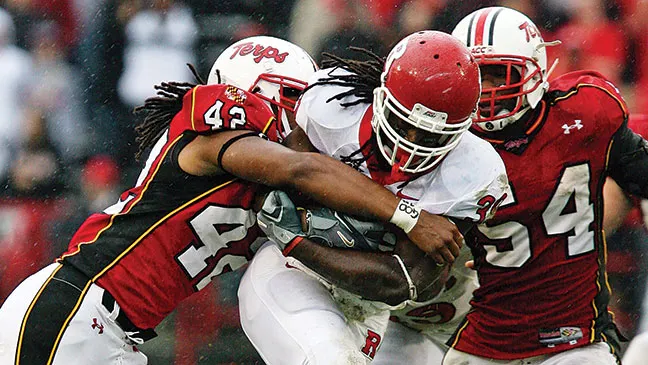For decades, the roar of the crowd has been deafening, the spectacle of college sports captivating millions. But behind the highlight reels and championship trophies, a quiet battle has been raging—a fight for fairness, a demand for recognition, and a quest for just compensation. College athletes, the very heart of the multi-billion dollar sports industry, have long been denied the right to earn from their own talent. Now, the tide is turning, and the landscape of collegiate athletics is undergoing a seismic shift.
The Foundation of the Struggle: A System Built on Exploitation?
- The “Amateurism” Myth:
- For years, the NCAA (National Collegiate Athletic Association) has operated under the guise of “amateurism,” claiming that college athletes are students first, athletes second. This doctrine has prevented athletes from profiting from their name, image, and likeness (NIL), while universities and conferences reap enormous financial rewards.
- The argument that scholarships are sufficient compensation has been increasingly challenged. Scholarships cover tuition, room, and board, but they don’t account for the grueling hours of training, the physical toll, and the opportunity costs of pursuing a professional career.
- The Revenue Machine:
- College sports, particularly football and basketball, generate billions of dollars annually. Television contracts, ticket sales, and merchandise contribute to a massive revenue stream.
- Athletes, who are essential to this revenue generation, receive a fixed scholarship, while coaches and administrators earn multi-million dollar salaries. This stark disparity has fueled resentment and a sense of injustice.
- The injury factor: Many college athletes sustain injuries that have long term effects, and sometimes end their careers. These athletes are left with medical bills and no way to earn income.

The Rise of the Athlete Activist: Voices for Change
- NIL Rights and Legal Battles:
- The fight for NIL rights has been spearheaded by athlete activists and legal challenges. Landmark court cases have chipped away at the NCAA’s control, paving the way for athletes to profit from their own image.
- State laws have also played a crucial role, with several states enacting legislation that allows college athletes to earn from NIL deals.
- The Impact of Social Media: Athletes now have direct access to a massive audience through social media. They can use these platforms to voice their opinions, build their personal brands, and connect with potential sponsors.
- The Power of Collective Action:
- Athlete advocacy groups and player associations have emerged, providing a platform for athletes to collectively bargain for their rights.
- These groups have organized protests, filed lawsuits, and lobbied for legislative changes, amplifying the voices of individual athletes.

The Impact of NIL: A New Era of Opportunity
- Endorsement Deals and Brand Partnerships:
- NIL legislation has opened the floodgates for endorsement deals. Athletes are now signing contracts with local and national brands, appearing in commercials, and promoting products on social media.
- This has provided athletes with much-needed financial support, allowing them to cover living expenses, invest in their future, and support their families.
- Building Personal Brands:
- NIL has empowered athletes to build their personal brands, enhancing their marketability and creating opportunities beyond their college careers.
- Athletes are leveraging their social media presence, creating content, and engaging with fans to establish a strong brand identity.
- The Rise of Collectives:
- Boosters and alumni have created collectives that pool money and provide NIL deals to athletes. This has created a new landscape of recruiting and athlete retention.
- This has also created some controversy, as some collectives are seen as a way to circumvent NCAA rules.

The Challenges and Controversies: Navigating the New Landscape
- Fairness and Equity:
- Concerns have been raised about the potential for disparities in NIL earnings, with athletes in high-profile sports and major markets likely to earn significantly more than others.
- Efforts are underway to ensure that all athletes have access to NIL opportunities, regardless of their sport or location.
- NCAA Regulations and Enforcement:
- The NCAA is still grappling with how to regulate NIL activities, leading to confusion and inconsistencies in enforcement.
- The need for clear and consistent guidelines is crucial to ensure a level playing field and prevent exploitation.
- The Future of Amateurism:
- The concept of “amateurism” is being redefined, and the future of college sports is uncertain.
- There is ongoing debate about whether college athletes should be considered employees and receive salaries, in addition to NIL earnings.
- Tax implications: Athletes are now having to learn about the tax implications of their earnings, and many are having to hire accountants and other financial advisors.
- Impact on academics: There are concerns that NIL deals could distract athletes from their studies.
The Road Ahead: A Call for Continued Reform
- Transparency and Accountability:
- Increased transparency in NIL deals and financial transactions is essential to prevent corruption and ensure fairness.
- The NCAA and universities must be held accountable for their actions and ensure that athletes’ rights are protected.
- Athlete Empowerment and Education:
- Providing athletes with financial literacy education and resources is crucial to help them manage their earnings and make informed decisions.
- Empowering athletes to advocate for themselves and participate in decision-making processes is essential for long-term reform.
- Legislative and Regulatory Changes:
- Continued legislative and regulatory changes are needed to address the evolving landscape of college sports and ensure that athletes’ rights are protected.
- The NCAA must work with lawmakers and athlete advocates to create a sustainable and equitable system.
- A changing culture: The culture of college sports is changing, and athletes are no longer willing to accept the status quo. They are demanding a seat at the table and a fair share of the revenue they generate.
Do Follow USA Glory For More Updates.






